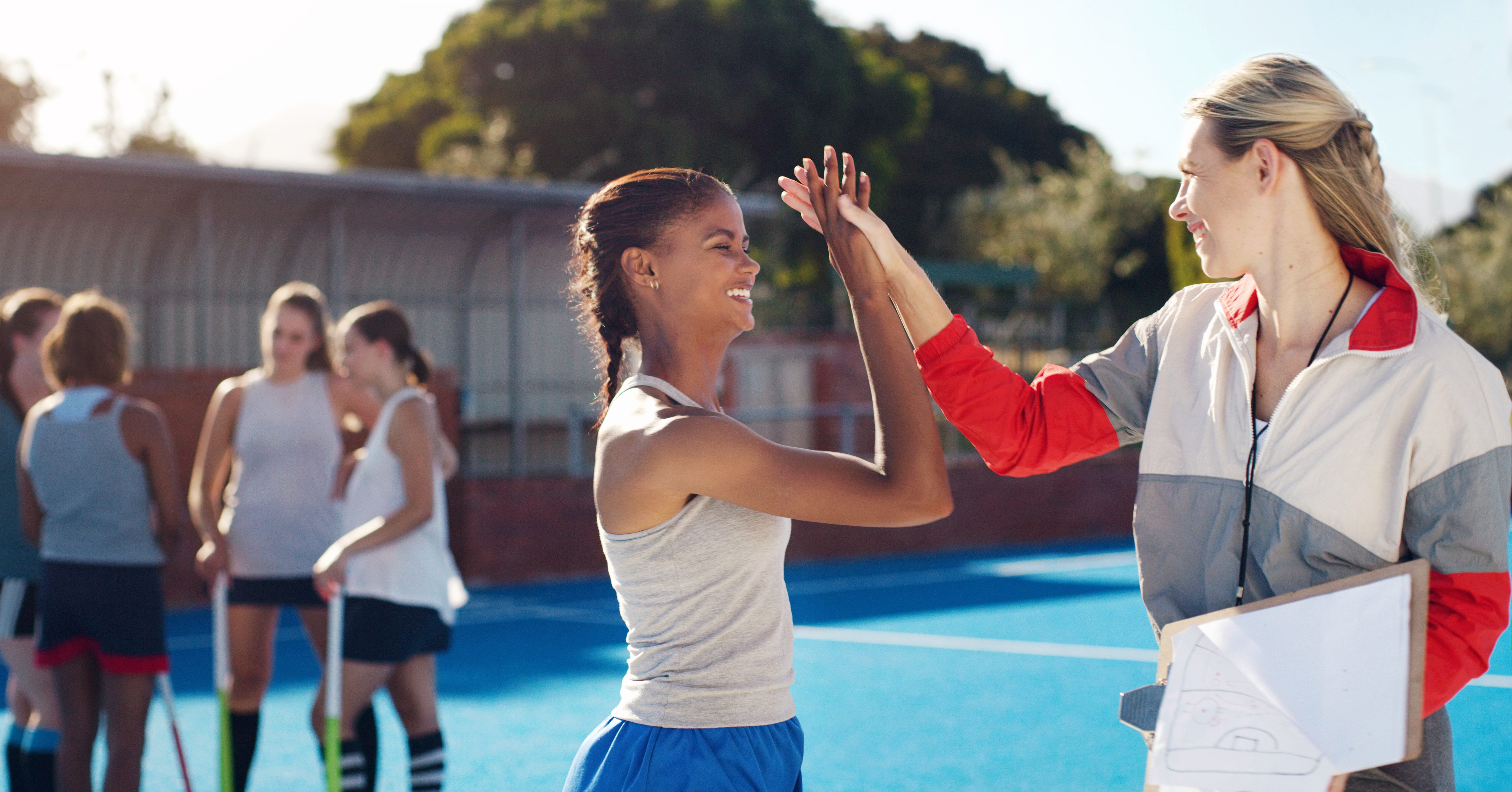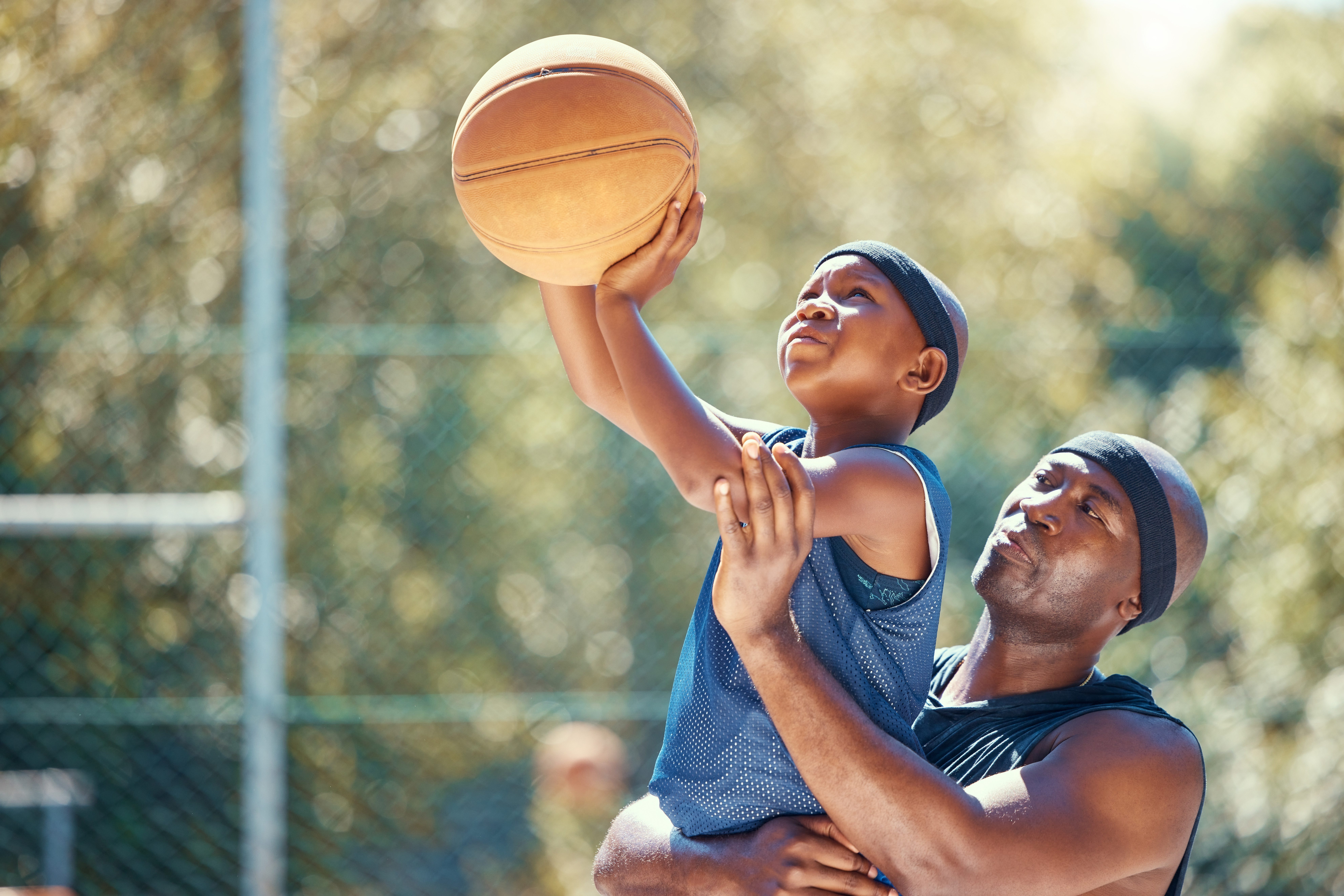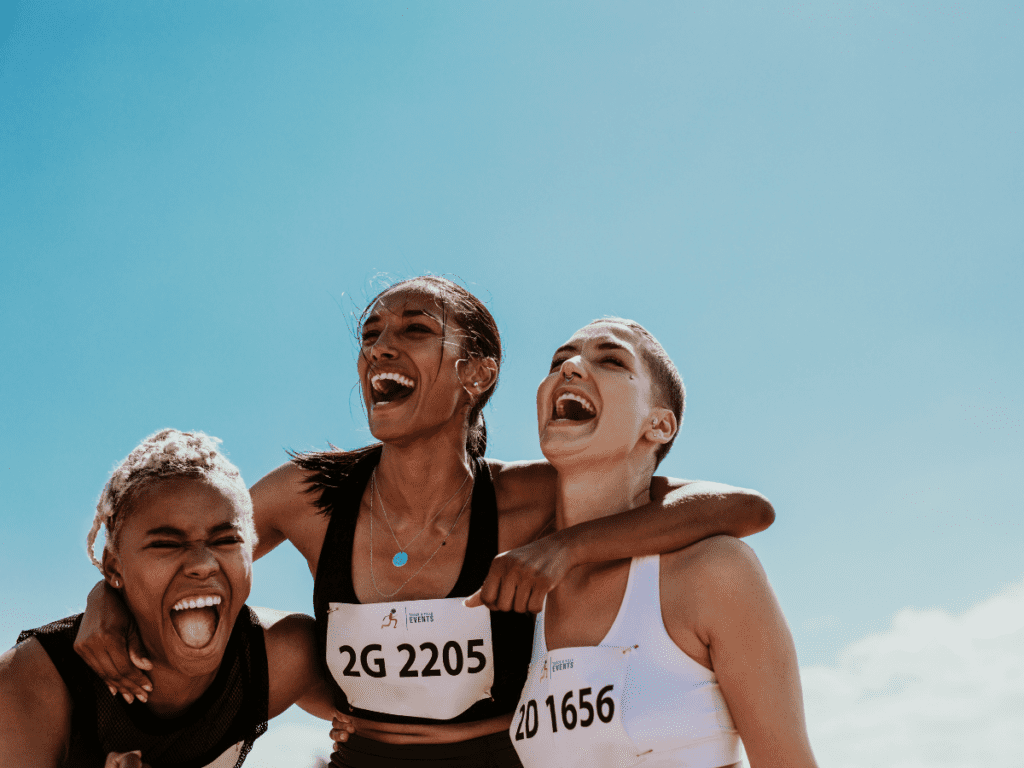Early specialization
There has long been debate regarding the benefits versus pitfalls of early specialization in sport. A recent study of young basketball players shows that early sport specialization does not provide a physical fitness advantage.
Language matters in the context of athlete development
Consistency when it comes to language is important to consider in the context of athlete development. Some terms that are frequently used in sport have blurry or competing meanings, such as what it means to have “talent,” what it means to be “elite,” or what it means to have “character.” Researchers advise being specific with…
Continuing to play after a concussion
Research shows that for every 30 minutes of sport participation an athlete engages in after a concussion, their days to symptom resolution increase by over 8%. More simply, continuing to play after a concussion can lead to a longer recovery. Highlighting the importance of stopping play after a concussion in terms of long-term health and…
Accessible communications and technologies in sport for people with disabilities
Accessibility is a human right. And it’s essential for 1 in 5 Canadians aged 15 or older, who live with at least 1 disability. This blog post explores why accessibility is important and suggests strategies for coaches and sport organizations to prioritize and improve accessibility, specifically involving technology and communications.
What coaches need to know about low energy availability
Low energy availability (LEA) refers to when an athlete has an insufficient energy intake compared to their energy expenditure. Yet, coaches remain relatively unaware of symptoms and causes of LEA. This review synthesizes findings on LEA from 1986-2021 so that coaches can be better prepared to support athletes.
Effects of a learning game through understanding strategy on tactical skills and performance in team sports

Project summary Teaching and learning tactical skills in team sport is essential to improve performances (Grehaigne & Godbout, 2014). Player’s understanding of the game is a good indication of the learning of these skills (Memmert & Perl, 2005). Unfortunately, many coaches seem to use traditional approaches mainly focused on teaching technical skills and flow…
Moral values identity moderates relationship between sport supplement use and doping
Research suggests that sport supplement users are more likely to use prohibited substances to improve performance than non-users. But, a recent study showed that an athlete’s personal morality plays an important role in an athlete’s decision to dope, even if they are a supplement user.
Parenting styles and practices: Promoting exemplary parenting in youth sport

Project summary Our research question was: How do exemplary youth sport parents support their daughters in competitive team sport? To answer this question, we interviewed 8 coaches and asked them to discuss the best parents they had ever worked with. These coaches then nominated 10 parents of female youth sport athletes, who they considered to…
Using motor learning concepts to enhance athlete skill development

Motor learning is the process of acquiring and refining skills, such as movements or strategies, through practice and experience. It is an important concept in sport because it helps coaches create effective training programs to help athletes improve performance. Coaches can use motor learning principles to: By understanding the principles of motor learning, coaches can…
Holistic ecological approach to athlete development
A holistic ecological approach (HEA) to athlete development focuses on thinking beyond solely the confines of a training session, and instead taking into account all the settings, relationships and networks of an athlete’s life. Coaches seeking to implement HEA can try taking into account other stressors in athlete lives (for example, exam schedules), manage training…